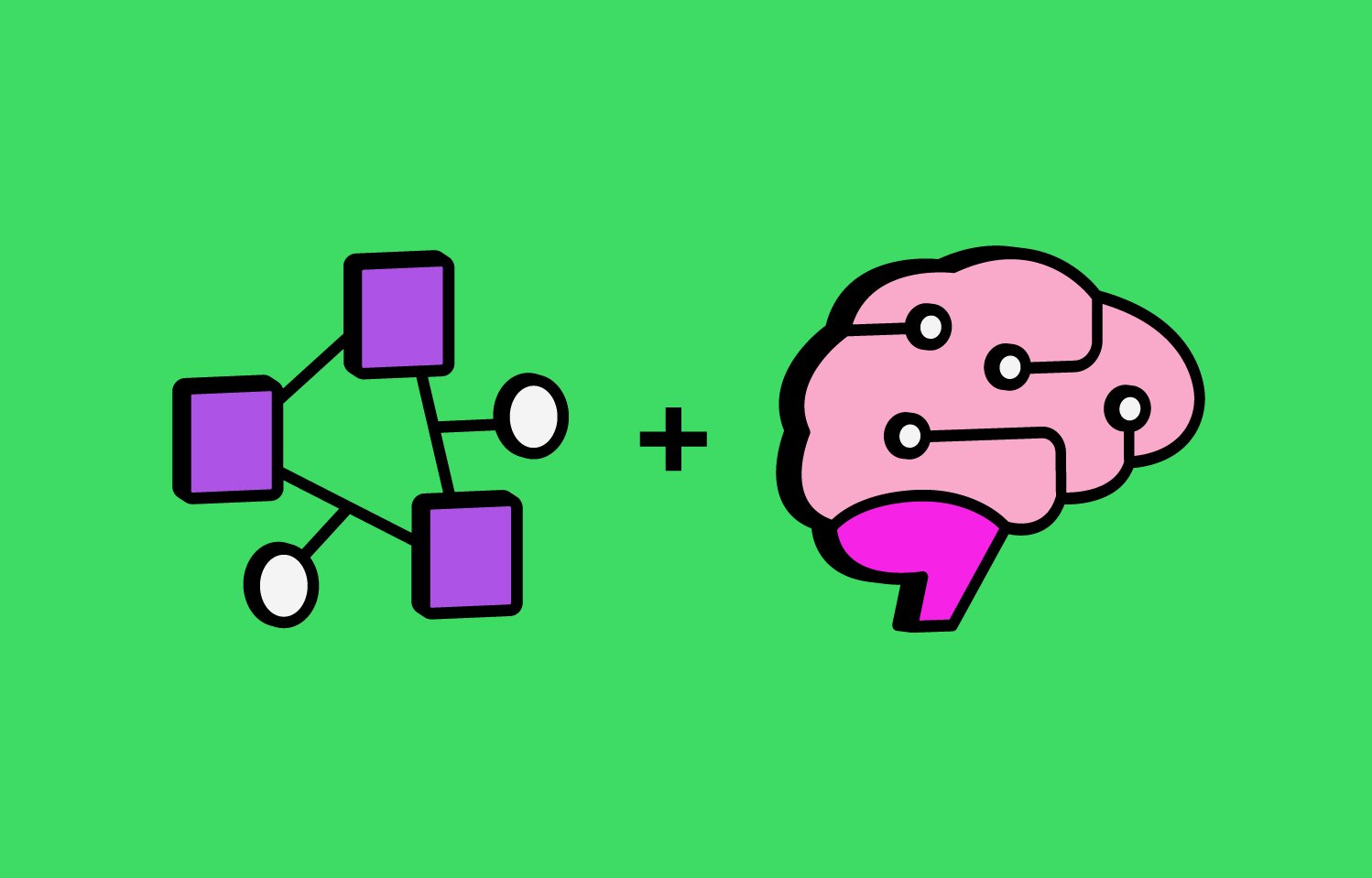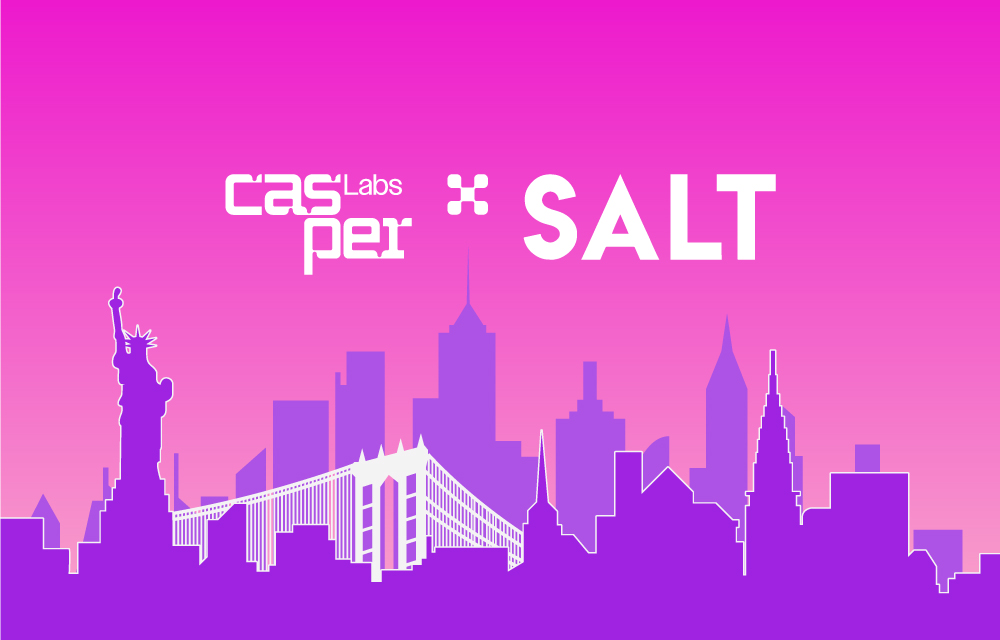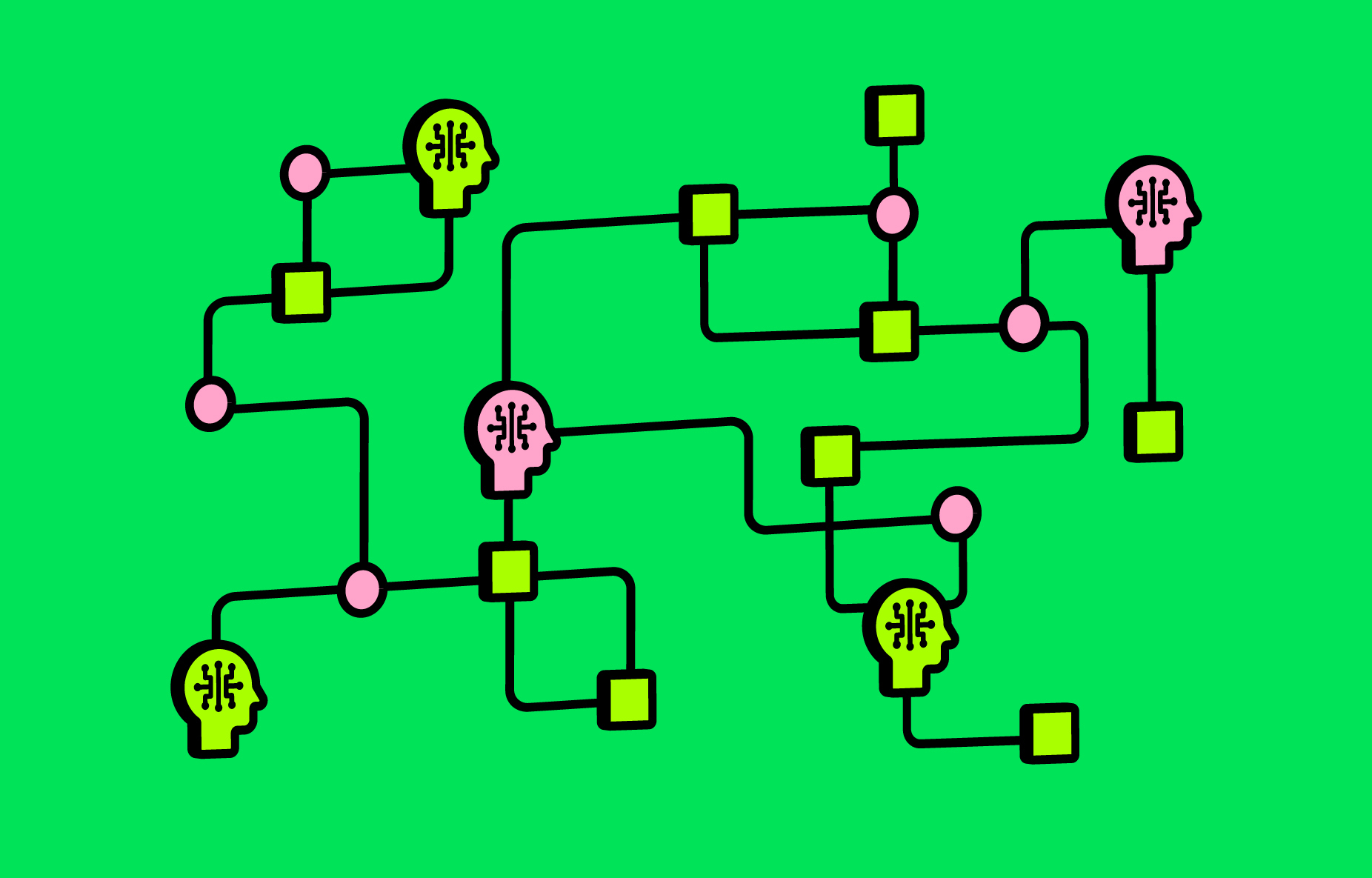3 Ways Healthcare Providers Use Blockchain to Optimize Their Data
Matt Coolidge
SVP of Global Communications
An emergency organ transplant is a matter of life and death. But to facilitate a safe, timely, and efficient donor-recipient matching process, multiple institutions have to work together. The eligibility and medical history of potential donors have to be verified by regulators, and informed consent must be provided by all parties involved, including the recipient and their family members—not to mention managing the integrity of the physical storage and transportation of the organ itself.
Blockchain technology is the key to untangling these complexities, along with providing many other vital, life-saving applications for the healthcare space. From data-sharing to consent management to drug authentication, the healthcare industry today requires a renewed approach to data management.
Medical institutions are seeing the need to break down information silos to better enable data-sharing while mitigating security breaches and ensuring regulatory compliance.
Here are three ways blockchain empowers healthcare institutions to build end-to-end security and efficiency into their operations.
1. Establish a secure, transparent, and collaborative platform for research
In traditional research environments, data is often dispersed across various disciplines, systems, databases, and formats. This fragmentation not only increases the likelihood of errors and inconsistencies, but also makes it difficult to ensure that the data remains unaltered during the research lifecycle. Researchers require a robust verification mechanism to confidently vouch for the legitimacy of their information.
Lack of data transparency can also hinder cross-validation. Researchers need to understand the relevant methodologies and procedures employed by their peers to replicate or build upon their work. The traditional approach to data storage and sharing often obstructs this transparency, leading to delays and misunderstandings.
Using blockchain, healthcare providers can record each step of the research process, from data collection to analysis to experiment results. It enables participants to hash and store datasets using their own unique digital fingerprint. This fingerprint also equips participants with timestamping capabilities, helping them establish chronological priority in research findings.
It even allows experts from different institutions to collaborate in real time. Blockchain provides an immutable and transparent record of contributions so that researchers can track independent contributions, making it easier to attribute credit. This ledger serves as a single source of truth that researchers, regulators, and physicians can access to verify data. Any alterations or attempts at tampering are immediately detectable, ensuring integrity of the research content.
2. Use smart contracts to enable interoperability
The healthcare sector is notorious for its administrative burdens. But smart contracts can alleviate many of them by automating key actions.
In clinical trials, smart contracts can automate consent management, participant compensation, and data-sharing to expedite research breakthroughs. They can even help eliminate friction between providers and insurers by streamlining the verification and processing of insurance claims.
With an emergency organ transplant, for example, the granting and revoking of recipient consent can be recorded securely on the blockchain, significantly reducing the chances of misunderstandings or unauthorized procedures.
And because medical institutions typically have to adhere to stringent regulations, smart contracts can be useful in automating compliance and generating reports based on predefined criteria. This can include monitoring for HIPAA compliance, irregularities in medical equipment, and the quality of pharmaceutical inventory, among others.
The integration of smart contracts with blockchain also resolves information silos by enabling seamless data interoperability. Imagine a world where a digital copy of your medical history travels with you as a smart contract, accessible to any healthcare provider you visit. Updates to your medical history—new diagnoses, treatments, prescriptions—are automatically added in real time, preventing any duplications and discrepancies. In emergency situations where quick access to medical history is vital, smart contracts enable rapid retrieval of your data, potentially saving precious time and aiding in accurate diagnosis and treatment.
Smart contracts can bridge the gaps between disparate electronic health record (EHR) systems, ensuring your medical journey is cohesive, accurate, and easily accessible to medical professionals.
3. Authenticate drugs and ensure supply chain integrity
Beyond data-sharing and security, blockchain can revolutionize the authentication of pharmaceutical products by providing a transparent, tamper-proof, and traceable ledger that tracks the journey of medications from manufacturers to consumers.
As the fentanyl crisis continues to dominate headlines, the pharmaceutical industry is facing increasing pressure to eliminate the risk of counterfeit drugs entering their supply chain. Armed with blockchain technology, all authorized supply chain participants—like pharmaceutical companies, distributors, regulators, and healthcare providers—have access to real-time updates on the latest information about the location and status of each drug shipment.
A digital record is created on the blockchain for each product, detailing its batch number, composition, and production date. At each stage of the supply chain, additional transactions are recorded to form an unbroken chain of data. Each participant also has a unique digital identity—so when a drug is transferred, a digital signature from the sender is added to the transaction, creating a verifiable trail of ownership.
In the case of a recall, blockchain technology ensures consumer wellbeing by helping relevant stakeholders identify the exact batches and locations affected. Supply chain participants are able to track and validate the integrity of medications, elevating public health on a global scale.
In healthcare—where security, transparency, and efficiency are paramount—blockchain technology is a formidable force that reshapes operations.


